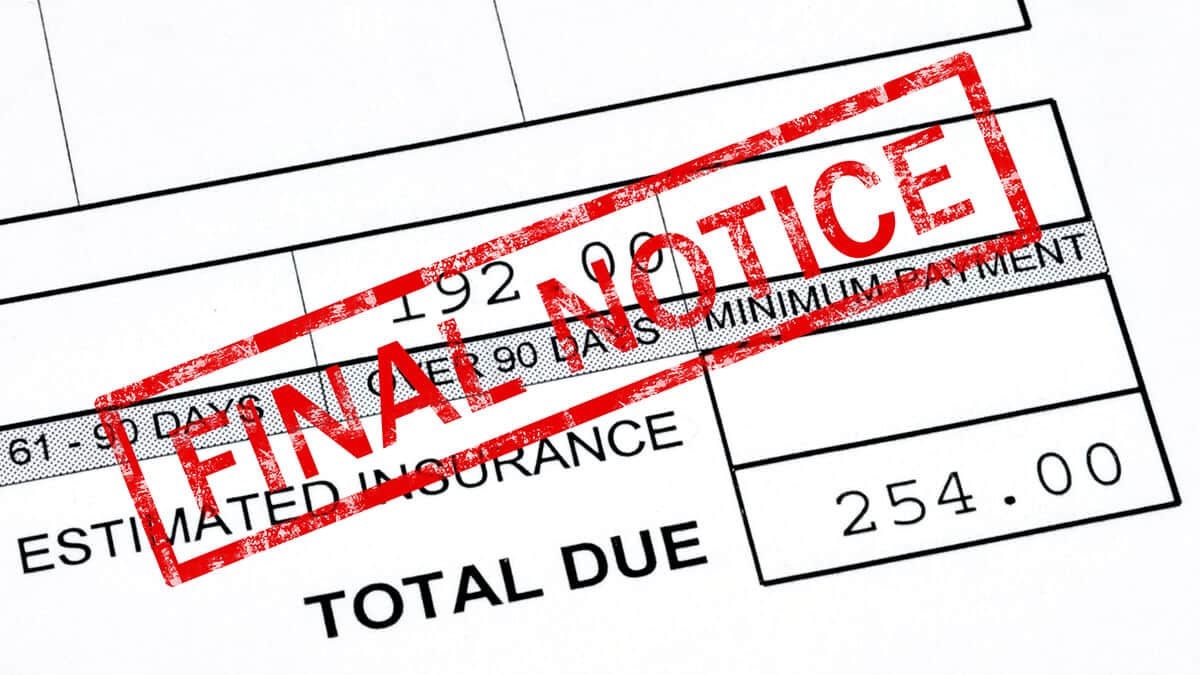In this guide
When illness or injury is keeping you from working or you have a terminal illness, it is important to know you may be able to draw on your super to help alleviate financial stress at such a difficult time for you and your family.
There are three conditions of release that are specifically designed for you to access super when you are sick or injured. They are temporary incapacity, permanent incapacity, and having a terminal medical condition. Understanding them will help you assess which you are likely to be eligible for.
Temporary incapacity
You’re temporarily incapacitated (according to Australian super legislation) if physical or mental ill-health causes you to stop work temporarily.
If your fund is satisfied you are temporarily incapacitated, they are permitted to pay you a regular income to continue the wages you were receiving before you stopped work. This income can’t be more than you were earning before and must stop when you make a full return to work.
If you are receiving a temporary incapacity benefit and return to work at reduced hours, you may receive a partial payment until you’re able to return to your full hours.
The law doesn’t allow temporary incapacity benefits to be released from the part of your super that has come from your employer’s compulsory contributions or from your (member) contributions. This means that the payment must come from:
- Income protection insurance held in the fund, or
- Other amounts held in your fund such as additional employer contributions above the super guarantee* and fund reserves.
*Additional employer contributions include your salary sacrifice. Salary sacrifice is treated as an employer contribution in super law.
Permanent incapacity
If your fund is satisfied that your physical or mental ill-health makes it unlikely you will return to an occupation your education, training or experience makes you suitable for, your super can be released using the permanent incapacity condition of release.
There are no specific laws that control how the trustee of your fund must satisfy themselves that you meet the requirements, but most will require certificates from two doctors who have examined you confirming that you meet the definition. One certificate may need to be from a specialist rather than a GP.
You can choose whether you would like to take the amount as a lump sum, a regular income or a combination of both. Or you might choose to roll it over to another super fund if you want to commence a pension (income stream) but your current fund doesn’t offer one, or you prefer the features available with another provider.
Terminal medical condition
For you to be eligible to access super because of a terminal medical condition:
- Two doctors must certify that you have an illness or injury that is likely to lead to death within two years (or a shorter period)
- At least one of the doctors must be a specialist practicing in an area related to your illness or injury.
You may choose whether to access your balance as a tax-free lump sum or start an income stream. Terminal illness benefits cannot be rolled over to another fund, but you can use a lump sum you have cashed out to make super contributions to your chosen fund (subject to contribution limits) if you wish.
Do the rules differ if you’re in an SMSF?
No. SMSF trustees must apply all the same conditions of release as trustees of other funds. If insurance benefits are involved, you will need to apply to the insurer for payment of the insured amount and follow their claims process.
The Australian Tax Office (ATO) can impose severe penalties on SMSF trustees for illegal/unauthorised early release of super. These include that the amount accessed must be added to your assessable income, you may be charged an administrative penalty, be disqualified from being a trustee, and the fund may be found non-complying. If the fund is made non-complying, all remaining assets are taxed at the highest marginal tax rate that year (45%).
However, an SMSF may have more flexibility to pay a temporary incapacity benefit from assets in the fund instead of from income protection insurance by using the fund’s reserves or additional employer contributions to finance the payments. Non-SMSFs rarely offer any temporary incapacity benefit if the member does not hold income protection insurance because of administrative complexity.
What are the tax implications?
Temporary incapacity
In the case of temporary incapacity, when you receive income protection insurance your payments are added to your assessable income and taxed at normal income tax rates.
If you receive income from the fund’s assets (which is much less common), the payments are taxed as a superannuation income stream. Tax rates vary depending on the components of your benefit and your age. Refer to the information for tax on a standard income stream in the tax guide to accessing super under age 60 or over age 60. Importantly, an income stream paid on temporary incapacity is not a disability income stream.
Permanent incapacity
A payment due to permanent incapacity is taxed as a super lump sum or a disability income stream. You can find details of the tax that applies to lump sums and disability income streams in the tax guide to accessing super under age 60 or over age 60.
Unless you are a member of an untaxed fund any permanent incapacity benefit paid to you when you are aged 60 or more is tax free.
When you receive a lump sum, a formula is applied to the payment to increase the tax-free component, and thereby reduce the tax you pay if you are under 60 or a member of an untaxed fund. Generally, the younger you are when you are incapacitated, the more tax-free component is calculated by the formula.
Terminal medical condition
Terminal illness payments taken as a lump sum are tax-free.
If you choose to take an income stream, it will be taxed at the standard rates for a super income stream that vary depending on your age and the tax components of your super. See these rates in the tables in your tax guide to accessing super under age 60 or over age 60. There is no discount on tax for an income stream paid as the result of terminal illness.
How to claim your super
If you think you will qualify to access your super because of temporary or permanent incapacity or due to a terminal medical condition, your first port of call is your super fund. It is not usually necessary to hire a legal representative or other advocate.
Most funds have a dedicated team that can assist you with your options and the claim process. They will provide you with claim forms and any certificates your doctors need to complete.
Make sure you understand what insurance benefits you can claim in addition to your balance and don’t be afraid to ask lots of questions, fund staff are there to help you.
If you’re dissatisfied with the outcome of your claim or with the process, you can make a complaint via your fund’s internal dispute resolution service. If you don’t receive a response within 45 days or you’re dissatisfied with the response, you can contact the Australian Financial Complaints Authority (AFCA) to escalate the issue.
The bottom line
Being seriously injured or unwell can be heartbreaking news. Accessing some of your super and any additional insurance benefits contained within it can help to reduce the financial stress on you and your dependants. It’s worth seeking independent professional advice on how best to use your benefits to provide for the future needs of yourself and your family.
If you’re struggling with illness or injury but you don’t meet any of these conditions of release, it’s valuable to consider whether you could claim super on compassionate grounds or as a result of severe financial hardship.









Leave a comment
You must be a SuperGuide member and logged in to add a comment or question.